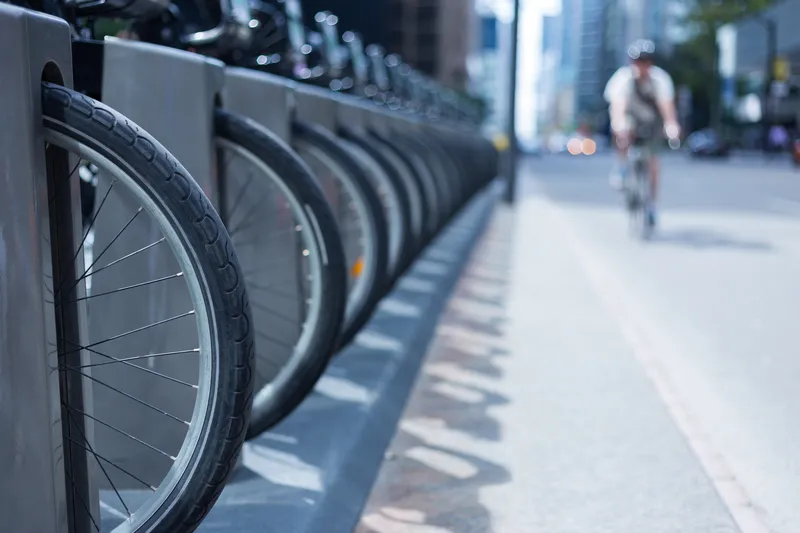
TRL (Transport Research Laboratory) has launched a new service to help local authorities in the UK scope out the design and implementation of a mobility hub.
The service includes local context analysis, site assessment and mobility hub scoping, including understanding user demand and requirements and recommendations for mobility hub design and delivery roadmap.
TRL says these hubs are intended to be a mix of co-located transport options, usually focussed around the interface between mass public transport and last-mile mobility solutions.
According to TRL, multi-modal transport provision is supported by information resources and associated services, such as bike servicing, coffee shops, WiFi hotspots and working spaces, with the exact make-up depending on local context and objectives.
Dr George Beard, TRL’s head of new mobility, says: “To design and implement a successful mobility hub, local authorities require coordination and cooperation from multiple stakeholders. There are numerous perspectives to consider such as the specific local constraints of sites, existing transport provision, user demand including the requirements of private individuals and commercial organisations, future transport and economic trends, and each local authority’s wider objectives and vision for the area.”
“At TRL, we want to help local authorities understand what a mobility hub can achieve for them and make sure their selected configuration will deliver the right results,” Beard continues.
“We have therefore launched a service designed to do just this.”
TRL will take what it calls a “data-led approach” to an initial feasibility analysis, using tools and techniques to inform the design of the right mobility hub solution that takes into account the desired use case, location, objectives and circumstances.
Additionally, it will create a custom roadmap designed to provide an effective roll out.









